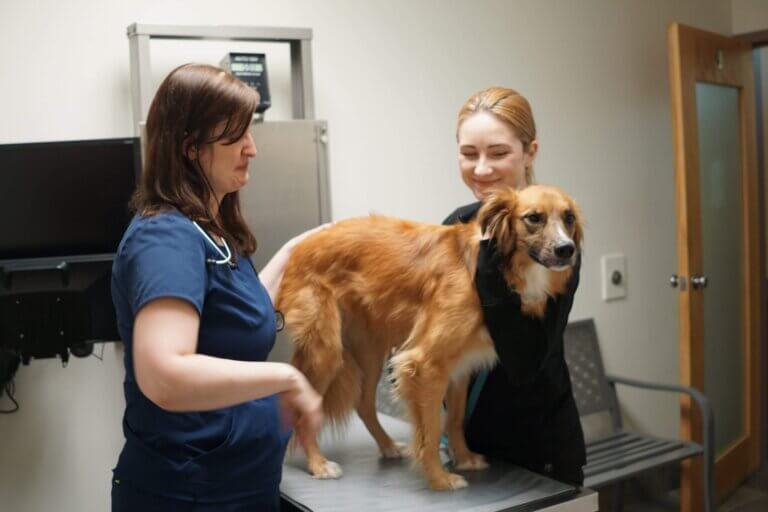What better time to celebrate your senior pet than Senior Pet Month this November? Your senior pet may not be able to chase you around the yard or go on long walks like they used to, theyre still your treasured furry friends. As they get older, youll need to make some alterations to your current routine and home set-up to ensure that your pet can get around with ease and stay as happy as possible. Read on to see which changes you can make to enhance your senior pets quality of life.
Do You Have a Senior Pet?
Your pet might be a senior sooner than you think. For cats, the senior age is 8 – 10. Large dogs are seniors at age 6, and small/medium dogs are seniors at age 8. This doesnt mean that they cant exercise and playit just means that youll have to adapt their existing routines. For example, many senior pets dont need the same amount of calories as younger animals. They might not need as much physical activity, and in many cases, diseases like arthritis can make it difficult for them to get lots of exercise. Once your pet is officially a senior, be sure to get in touch with your veterinarian to see how you can adjust your routine for their specific needs.
Senior Pet Health Conditions
Part of the reason senior pets need more veterinarian visits is that they have an increased risk of developing certain diseases and health conditions. Be sure to keep a careful eye on your senior pet for signs of:
- Cancer
- Kidney & Liver Disease
- Canine Cognitive Dysfunction
- Neurologic Conditions
- Arthritis
- Lumps and Bumps
- Dental Disease
- Heart Disease
Contact your veterinarian today to schedule a visit for your senior pet and get the best advice on keeping them healthy and happy.


